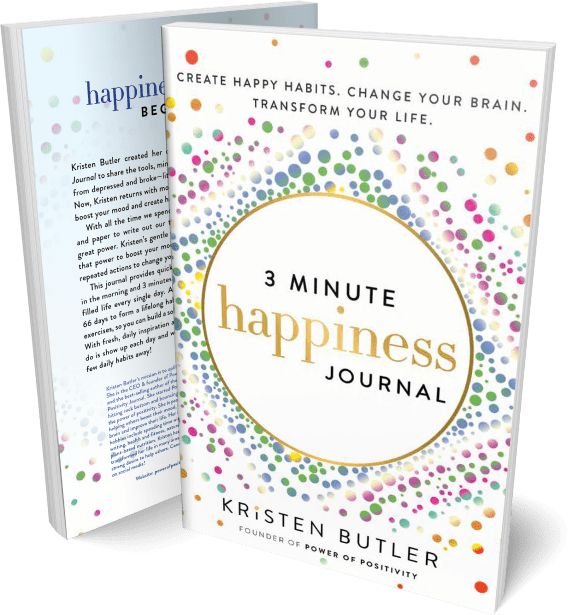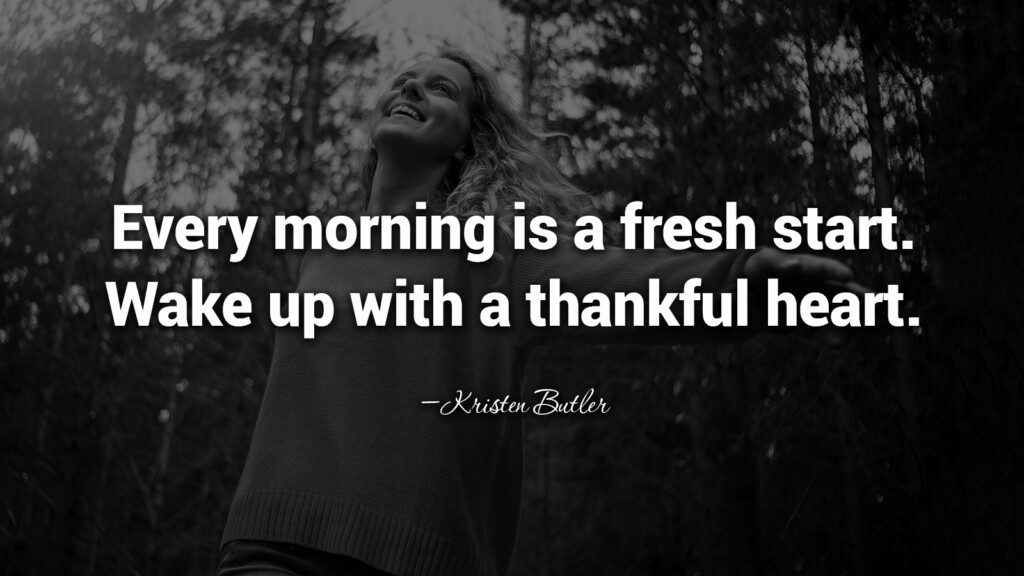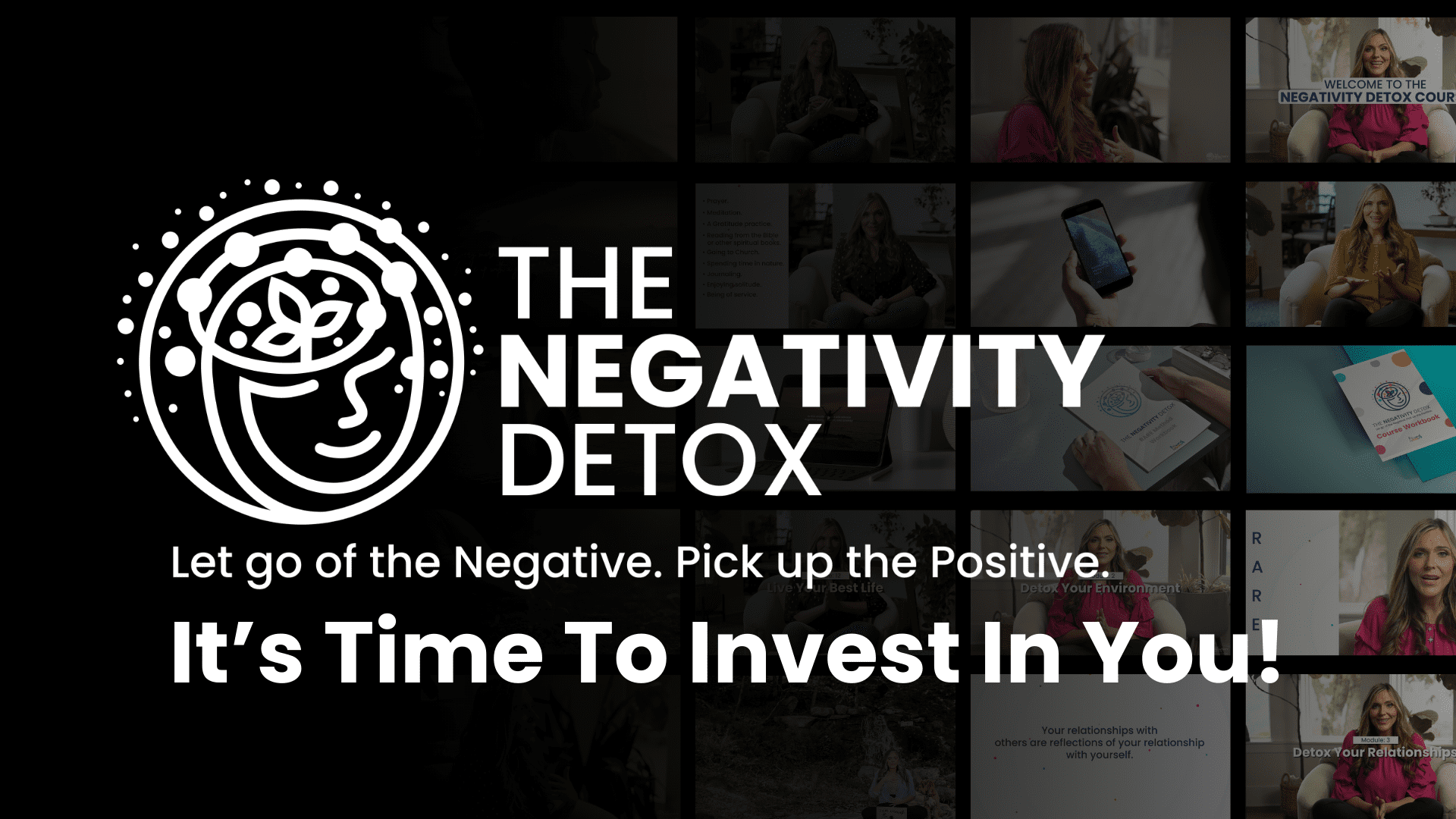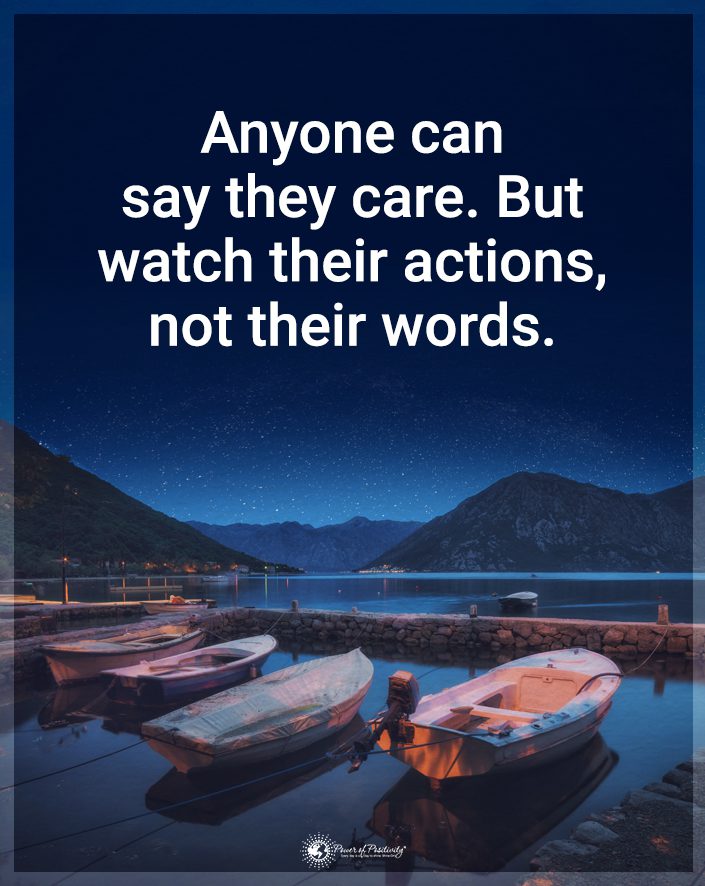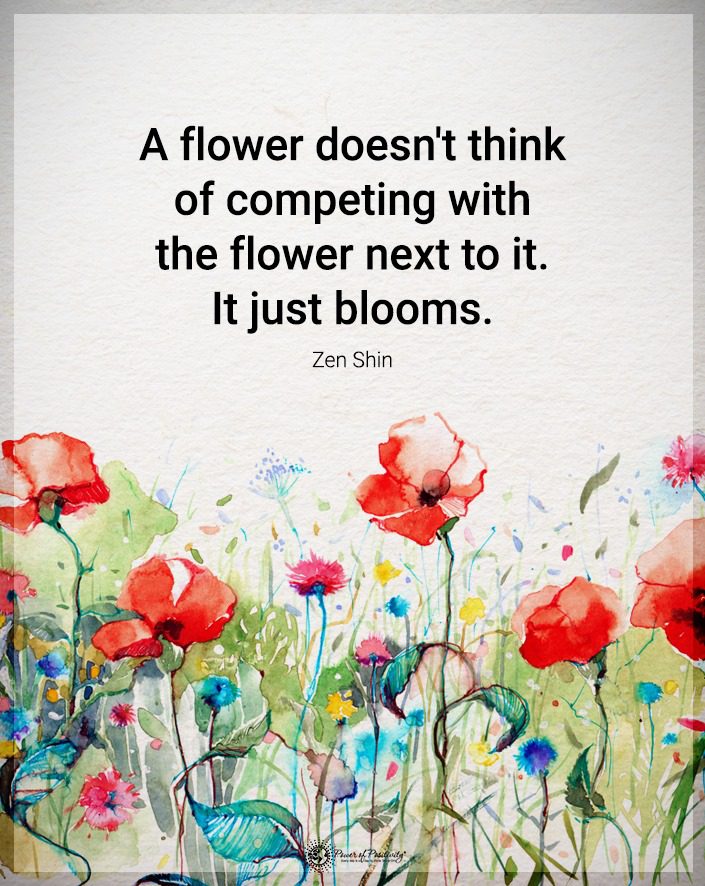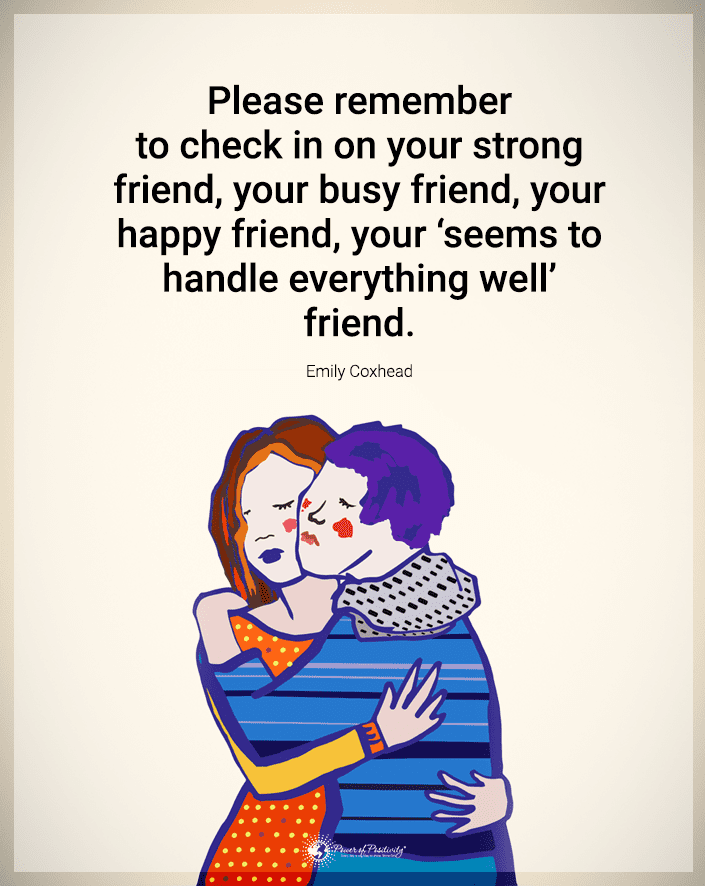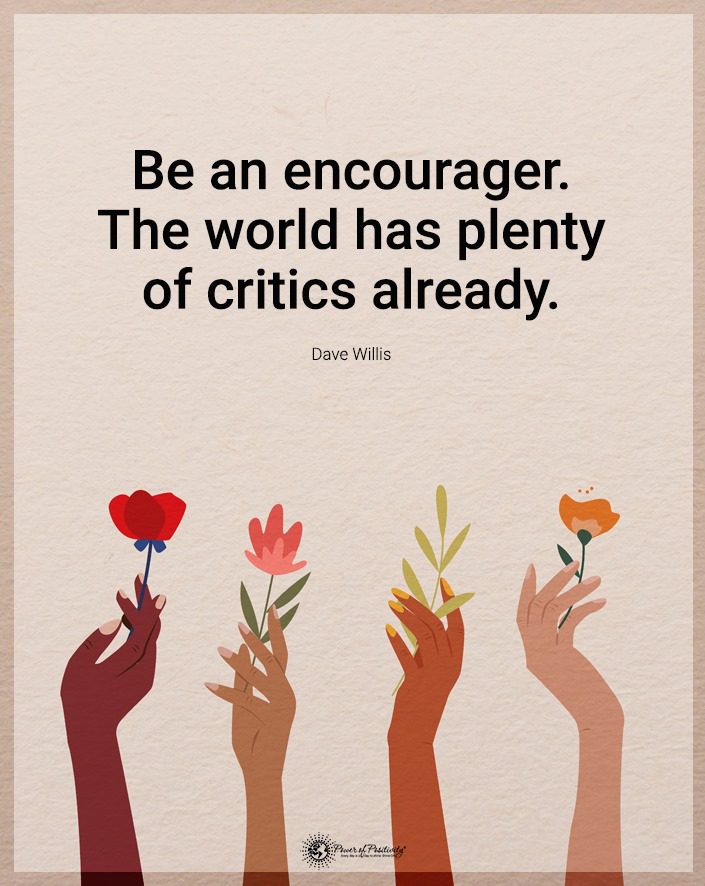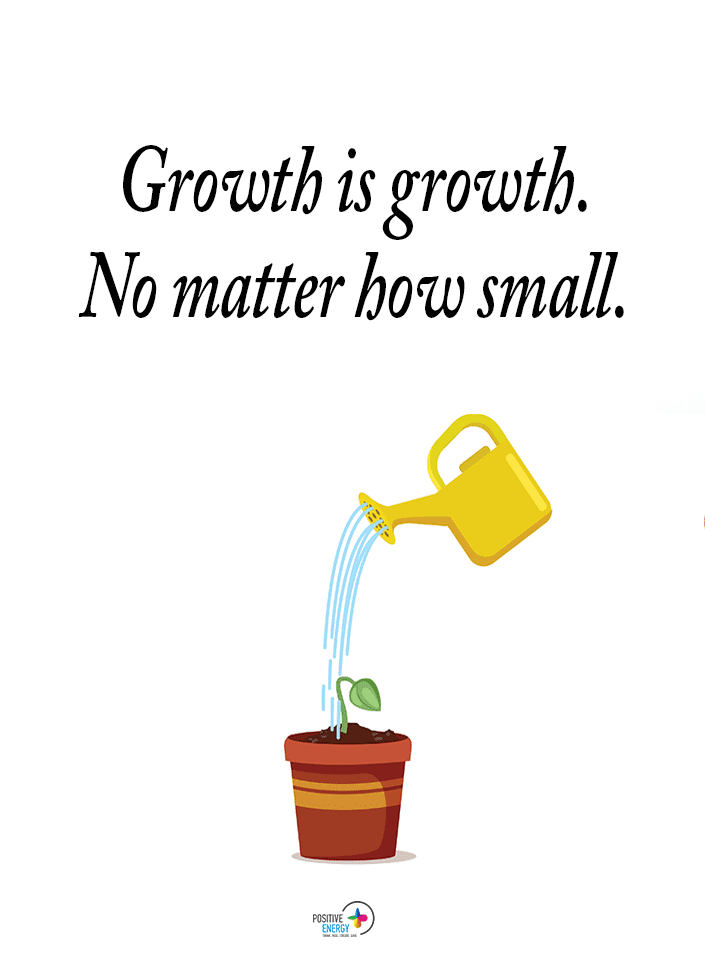Here are twenty compelling affirmations to remind yourself of your worth.
We all face moments of doubt, fear, and uncertainty in life’s journey. During these times, we need a beacon of hope, a message of encouragement to guide us through them. Here are twenty positive messages (affirmations) to uplift your spirit and reignite the fire within your soul.
Use these positive affirmations daily to bolster your optimism – you’ll soon begin to believe in yourself again.
Why Positive Messages Matter
Positive messages act as a balm for the soul. They remind us of our inherent worth, potential, and the boundless possibilities that lie ahead. When we internalize these affirmations, they become a part of our belief system, influencing our thoughts, actions, and, ultimately, our outcomes.
How to Use Positive Affirmations
Affirmations are short, positive messages that can help you challenge and overcome self-sabotaging or negative thoughts. When you repeat them often and genuinely believe in them, you will start to manifest positive changes in your mindset and life.
Here are thirteen tips on how to effectively use positive messages in your daily life:
1. Identify Negative Beliefs:
Before replacing negative thoughts with positive affirmations, you must first identify the self-limiting beliefs you often tell yourself. These might be thoughts like “I’m not good enough” or “I can’t achieve my goals.”
2. Write Your Affirmations:
Once you’ve identified negative beliefs, write a positive affirmation to counteract each one. For instance, “I am worthy of love and success” or “Every day, I grow stronger and more confident.” Put them on a notepad, journal, or on a sticky note in the bathroom mirror.
3. Keep Those Positive Messages in the Present Tense:
Write positive messages or affirmations in the present tense as if they’re already happening. That helps your mind believe and act as if they are true. Instead of “I will be confident,” say “I am confident.”
Did you notice that little shift in language? It makes an enormous difference in the outcome of saying these positive messages to yourself.
4. Make It Personal:
Your affirmations should be about you and your feelings. Use the first person (“I” statements) to make it more effective.
5. Keep Your Positive Messages – Well – Positive!
Express your affirmations within a positive framework. Instead of saying, “I am not a failure,” say, “I am successful in many ways.”
6. Be Specific:
While general affirmations can be effective, being specific can make them even more powerful. For example, instead of saying, “I am good at my job,” you might say, “I excel in my role as a project manager because I am organized and communicate well.”
7. Repeat the Positive Messages Regularly:
For affirmations to truly have an impact, you should repeat them often. Make it a daily habit. The more you say them, the more they’ll become ingrained in your thought patterns.
8. Feel the Emotion in the Positive Messages:
As you repeat your affirmations, try to feel the emotion they convey. That deepens the impact on your subconscious mind.
9. Visualize a Good Outcome:
When you state your affirmations, visualize the outcome you desire. This combination of positive words and visualization can be compelling.
10. Turn to Your Positive Messages Throughout the Day:
While many people like to use affirmations in the morning to start their day on a happy note, they are helpful whenever you notice negative thoughts creeping in or need a boost of confidence.
11. Combine Using Affirmations with Other Techniques:
Affirmations blend perfectly with other self-improvement techniques like meditation, journaling, or even physical exercises.
12. Stay Persistent When Saying Positive Messages to Yourself:
Changing deeply ingrained beliefs can take time. Even if you don’t see immediate changes in your mindset or your life, continue with your affirmations. Over time, they can make a significant difference.
13. Review and Update Your Positive Messages as You Grow:
As you grow and evolve, your needs and beliefs might change. Review your affirmations to ensure they align with your current goals and aspirations.
20 Positive Messages to Uplift Your Spirit
1. “I am capable of achieving greatness.”
Believe in your potential. Each of us has unique skills, experiences, and perspectives that can lead to unparalleled achievements. Embrace your capabilities and remember that greatness is a journey, not a destination.
2. “Challenges are opportunities in disguise.”
Every challenge you face is a chance to grow, learn, and evolve. Instead of seeing obstacles as setbacks, view them as stepping stones toward your ultimate goal. They shape you, making you stronger and more resilient.
3. “I am deserving of love, respect, and kindness.”
External factors or opinions do not determine your worth. You are inherently deserving of love, respect, and kindness. Treat yourself with the same compassion you offer to others.
4. “Every day is a fresh start.”
No matter what happened yesterday, today offers a new beginning. Positive messages remind us to start each day with optimism, knowing it brings new opportunities and experiences.
5. “I trust the journey, even when I don’t understand the path.”**
Life doesn’t always go as planned, but that doesn’t mean you’re off course. Trust that every twist and turn leads you where you need to be.
6. “I am surrounded by abundance.”
Abundance prevails whether you believe in God, the Universe, or another higher power. Believe, and you will find love, opportunities, or the resources you require – when you need them the most. Recognize the wealth around you and know that there’s enough for everyone, including you.
7. “I am constantly evolving and growing.”
You are not static. With every experience, you learn, adapt, and become a better version of yourself. Celebrate your evolution and the journey of self-discovery.
8. “I have the power to change my story.”
Your past doesn’t define you. At any moment, you can rewrite your narrative, make new choices, and steer your life in a different direction. Leave the past behind you and write an exciting new chapter in life.
9. “My dreams are valid and achievable.”
No dream is too big or too small. Your aspirations are valid, and with determination and effort, they are within reach.
10. “I am resilient and can overcome anything.”
Life’s adversities are no match for your inner strength. You have faced challenges before and emerged victorious. This time will be no different, as positive messages can remind you.

11. “I am worthy of success and happiness.”
Success and happiness are not reserved for a select few. You are just as deserving. Pursue what sets your soul on fire with conviction and passion.
12. “I attract positive energy and opportunities.”
Your mindset shapes your reality. You become a magnet for good vibes and fruitful opportunities by focusing on positivity, abundance, and happiness.
13. “I am in control of my emotions and reactions.”
While you can’t control external events, you have full authority over how you respond.
Read that again.
Now, focus on learning how to choose reactions that align with your values and well-being.
14. “I am loved and supported by those around me.”
Remember that you are cherished by friends, family, and the Universe, even when you face solitude. Their love and support are unwavering- never doubt it!
15. “I am a beacon of light and inspiration for others.”
Your journey, with its ups and downs, serves as an inspiration for many. So shine on, knowing that others look up to you.
16. “I am at peace with my past.”
Your past, with its lessons and memories, has shaped you. Embrace it, learn from it, but don’t let it tether you to one spot. Find peace and move forward with grace.
17. “I am open to new experiences and adventures.”
Life is an adventure filled with unexpected joys. Stay open to new experiences, for they enrich your soul and broaden your horizons.
18. “I am a creator of my destiny.”
You are not a passive spectator watching a movie about your life. With every decision, you shape your destiny. Take charge and create the life you envision.
19. “I am filled with boundless energy and vitality.”
Within you lies a reservoir of energy and zest for life. Tap into it, fuel your passions, and approach each day with enthusiasm.
20. “I am a masterpiece in progress.”
Perfection is a journey, not an endpoint. You are a work of art, constantly evolving and refining. Celebrate every brushstroke that makes you uniquely you.
Final Thoughts on Using These Positive Messages to Embrace the Power of Positivity Within You
Positive messages are a powerful tool for personal growth and can help shift your mindset from negative to positive. You can create lasting change in your life by consistently practicing and integrating them into your daily routine.
As you navigate life’s complexities, remember these twenty affirmations. These positive messages are not just words but powerful mantras that can transform your mindset and reality. Embrace them, believe in them, and watch as they guide you to a brighter tomorrow.

